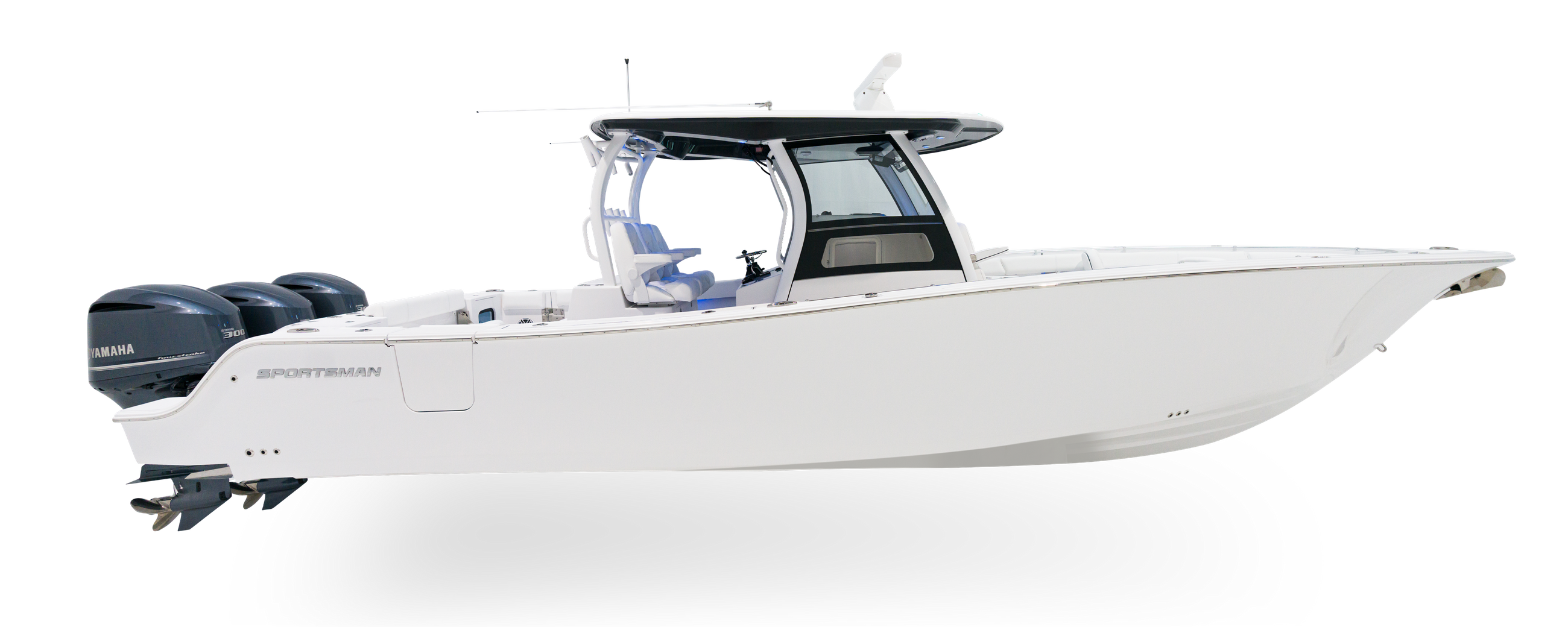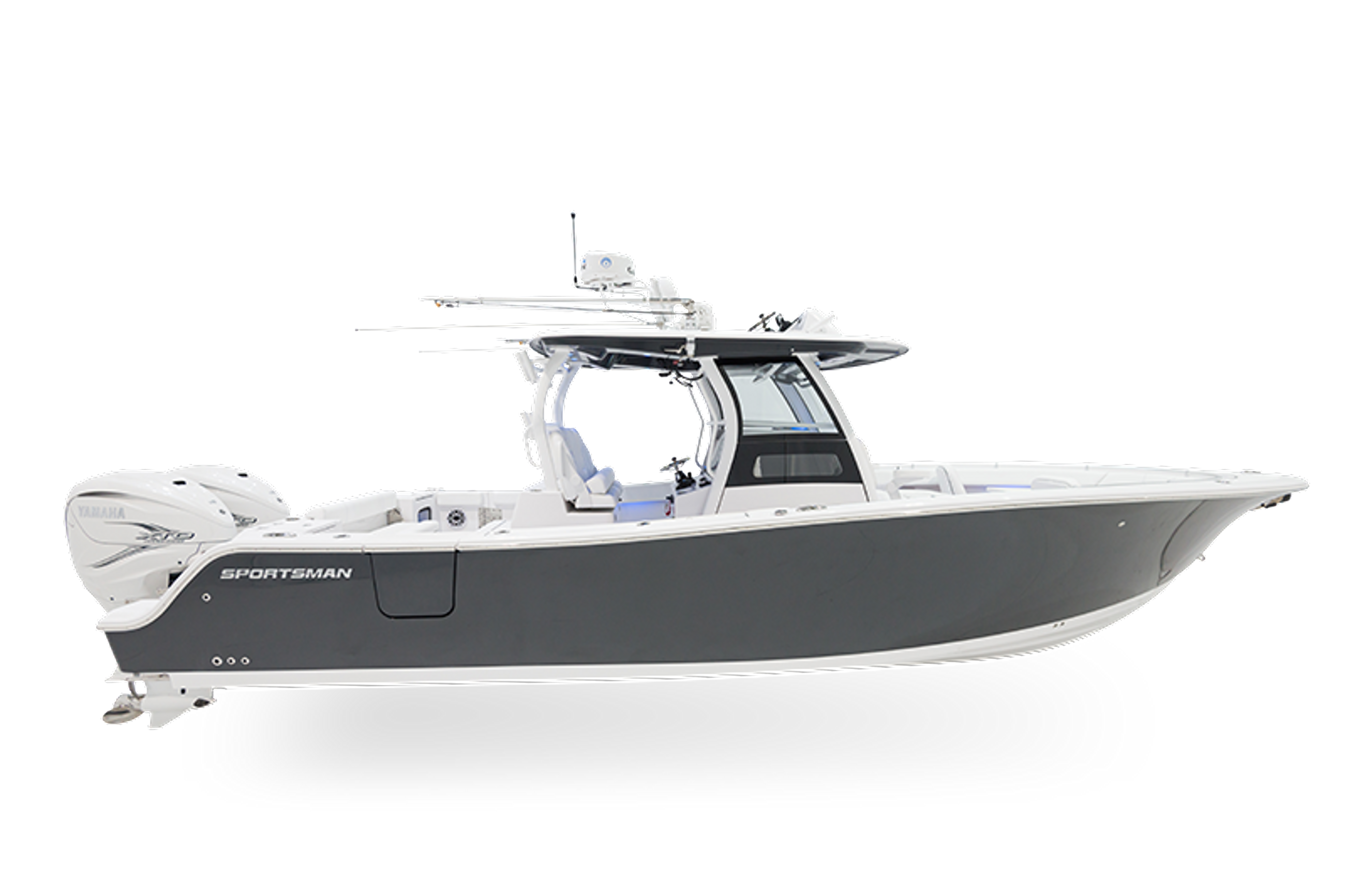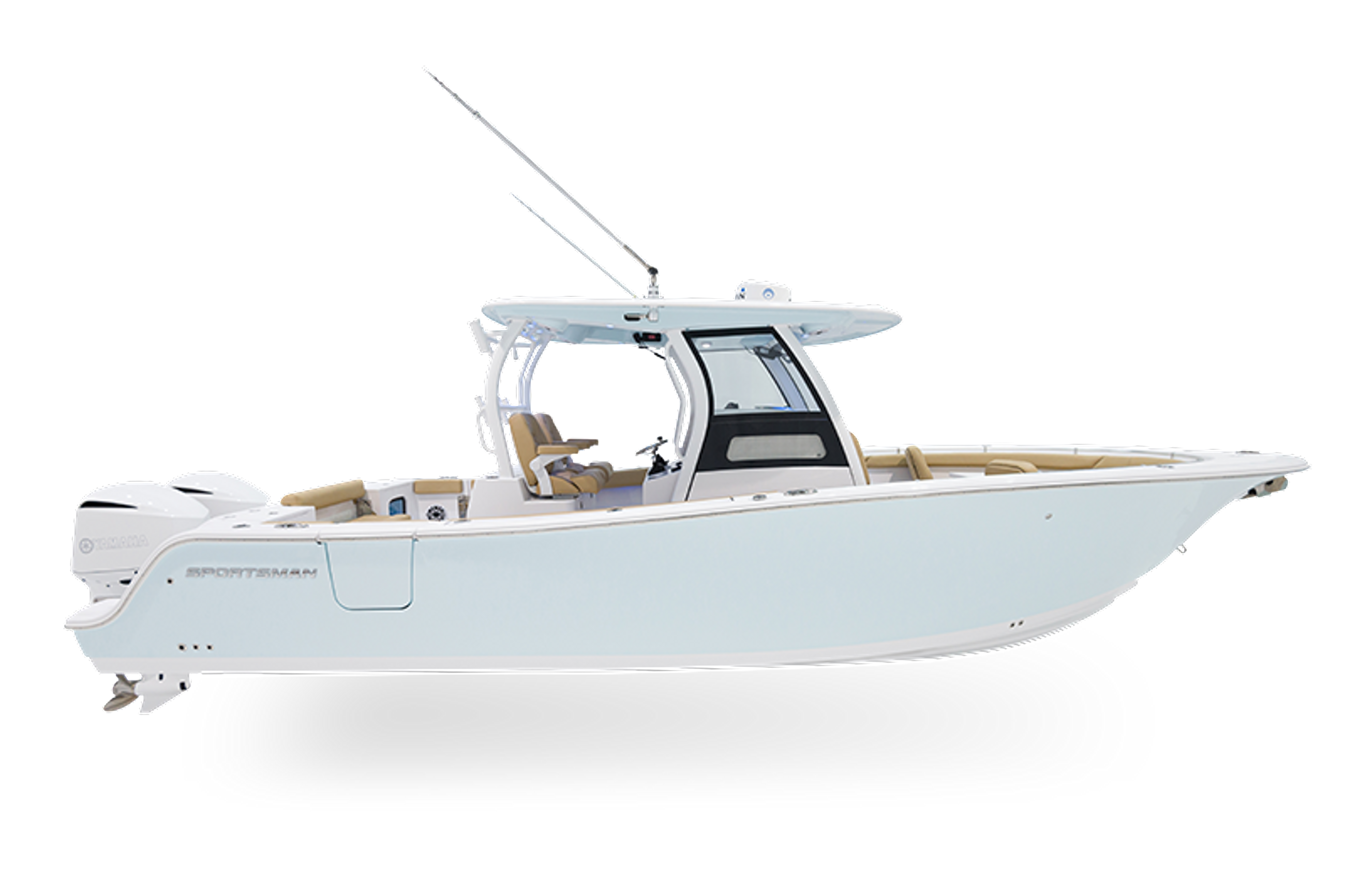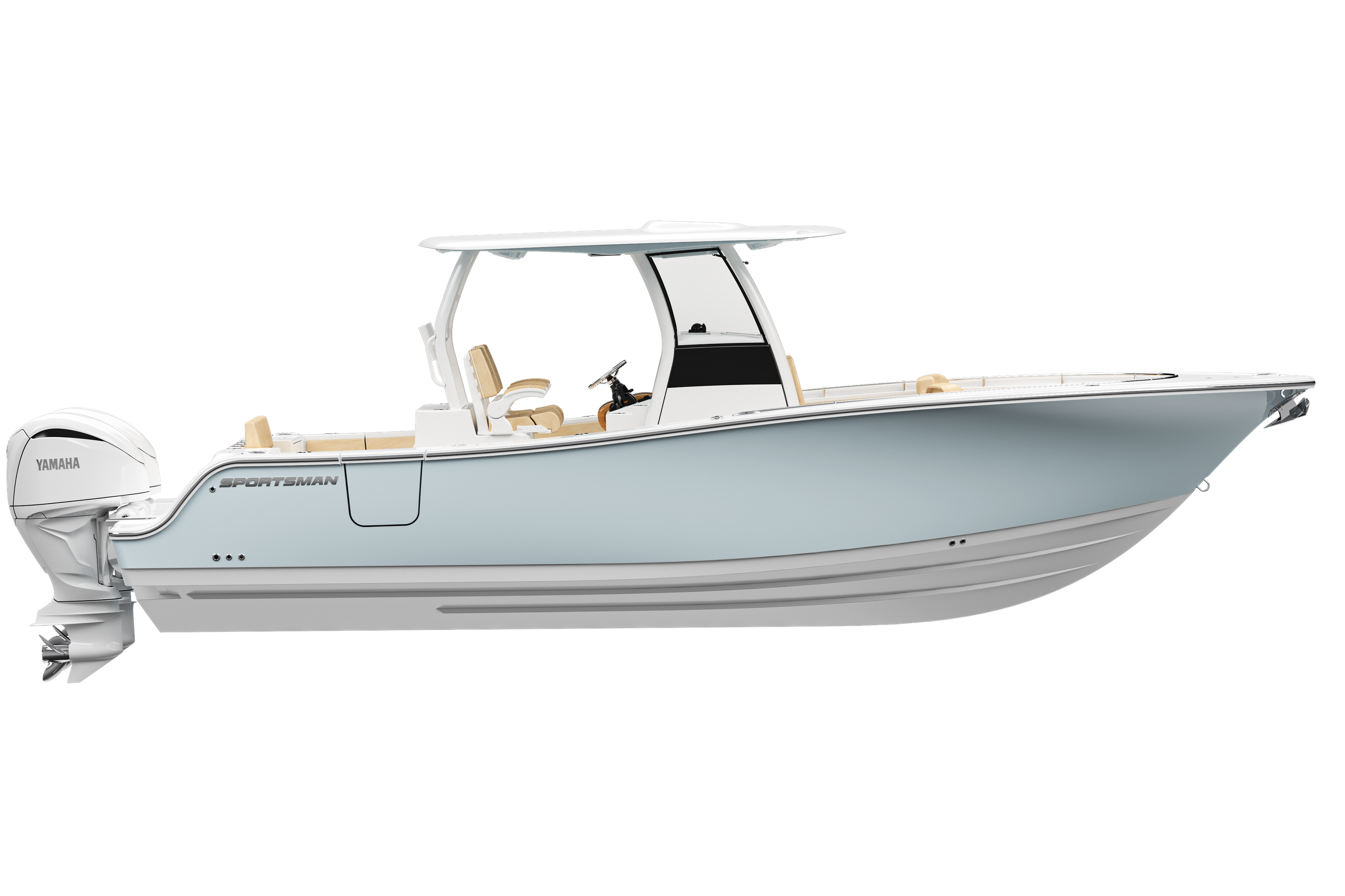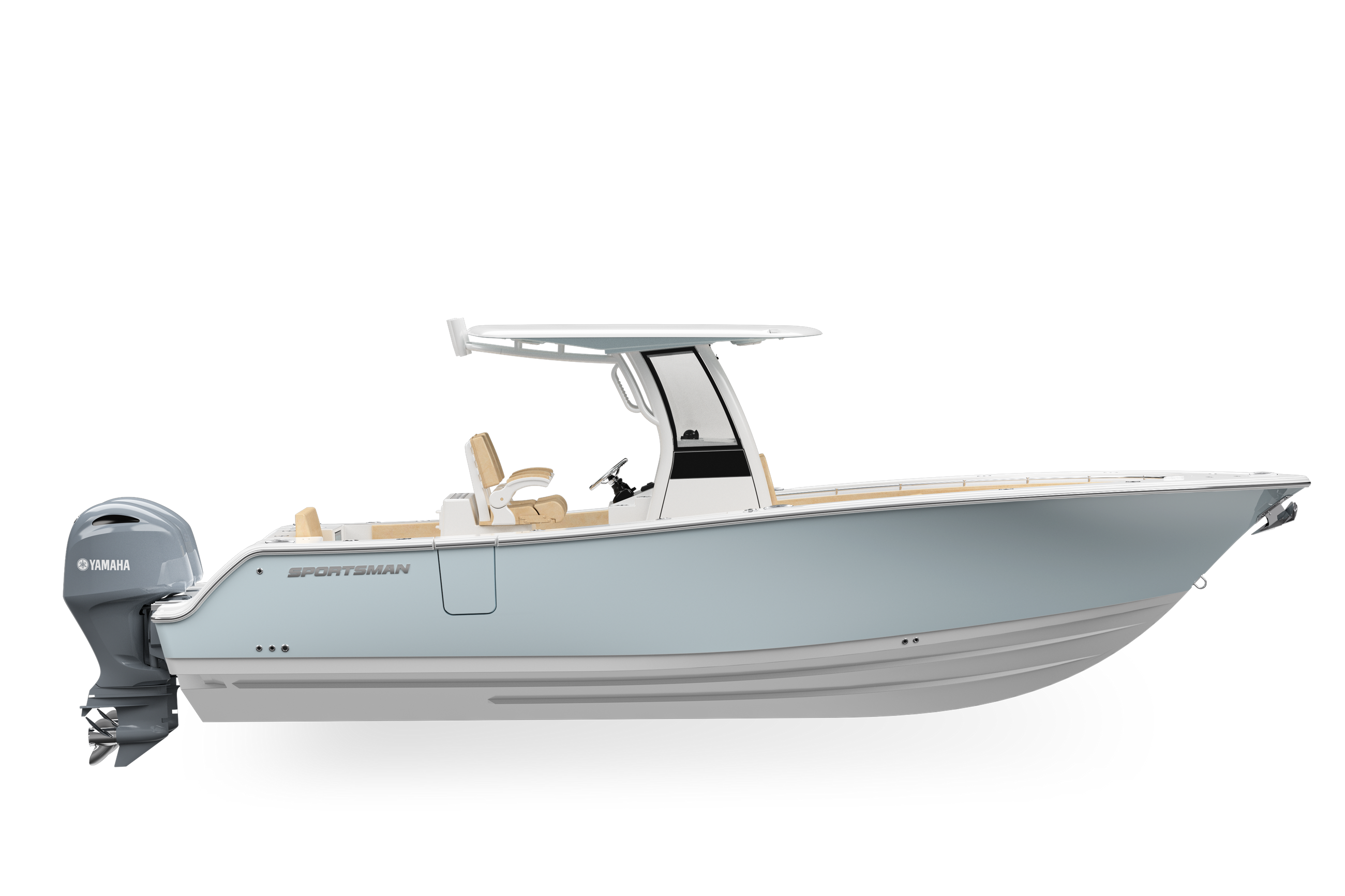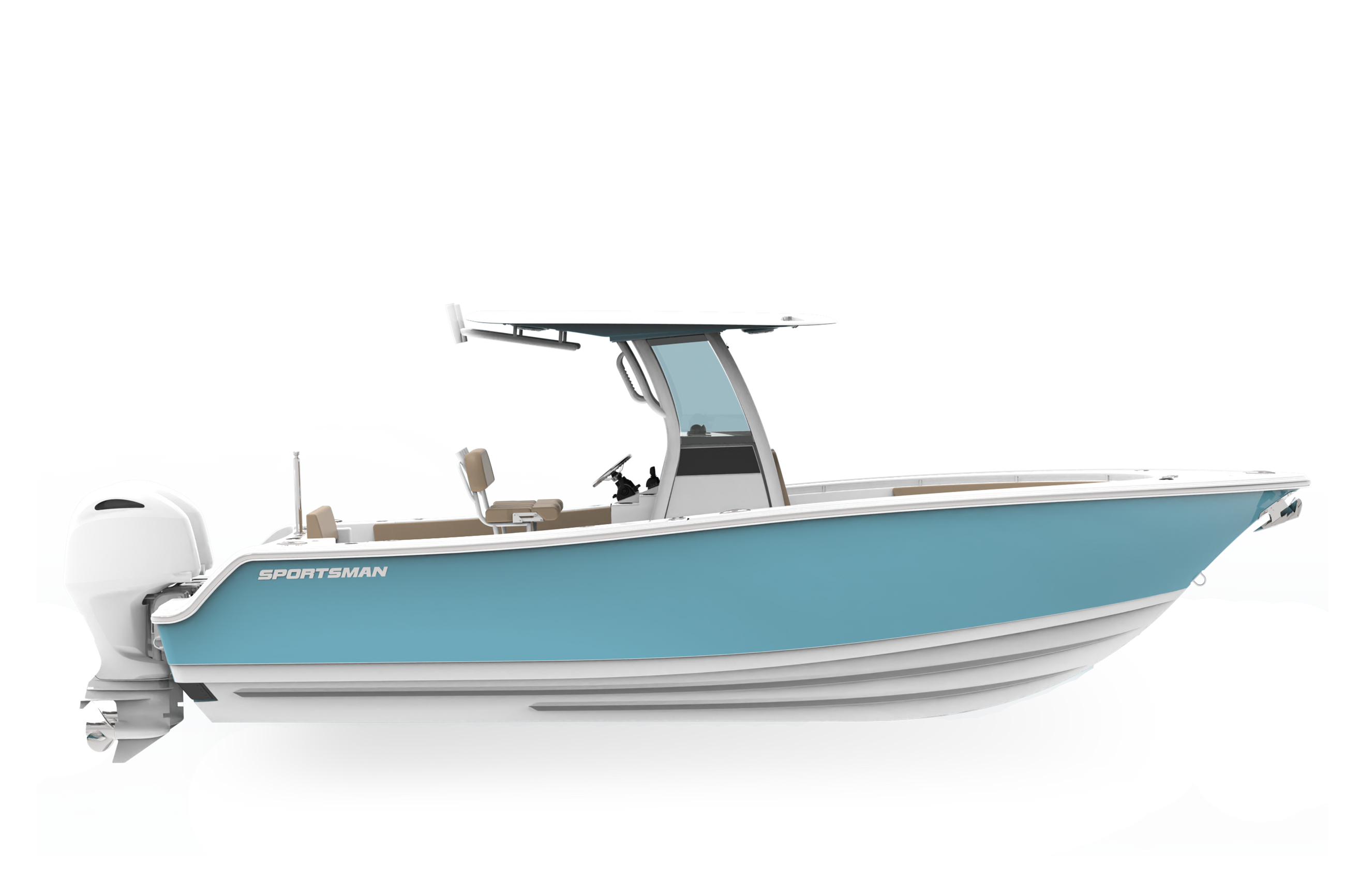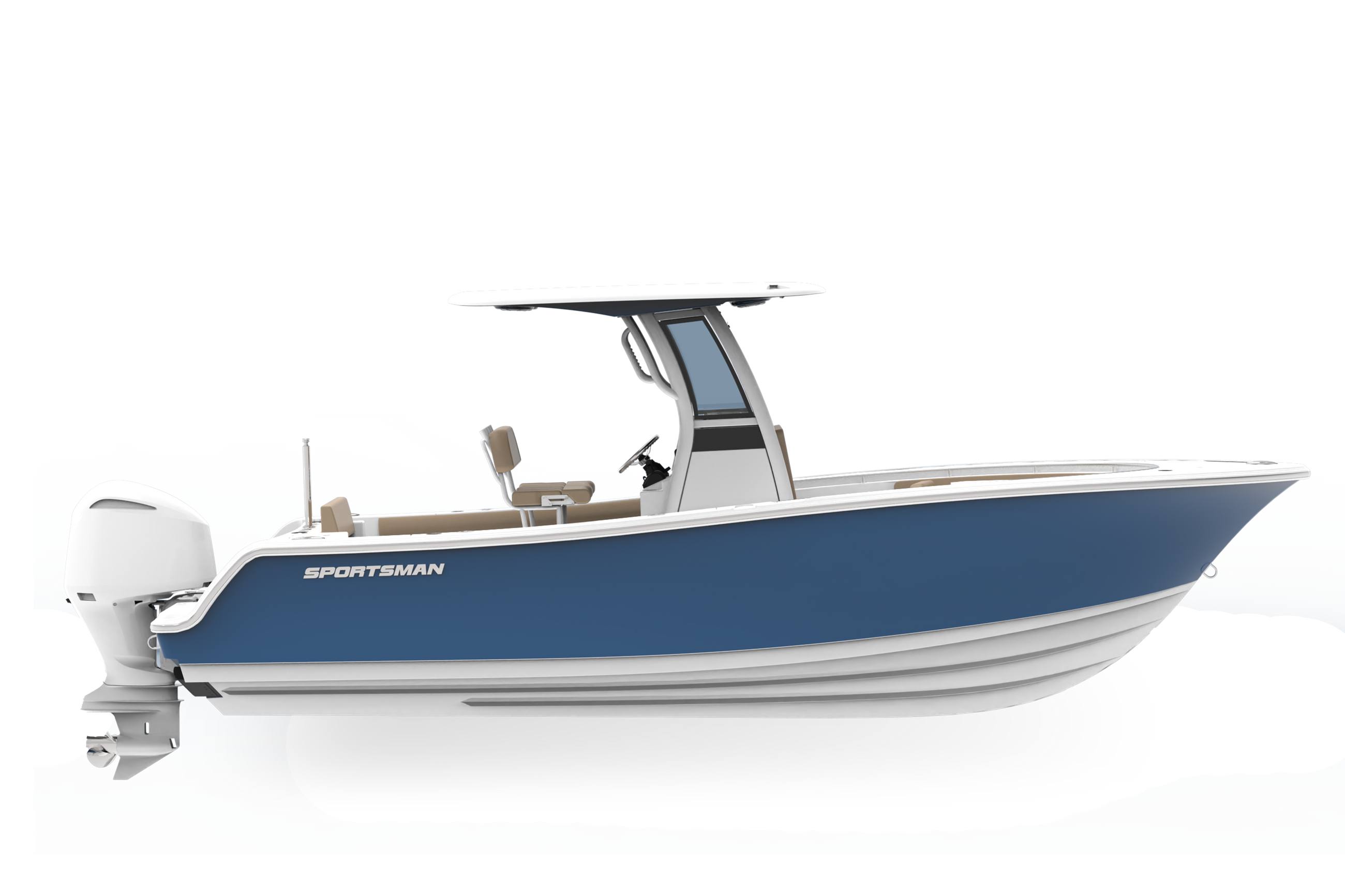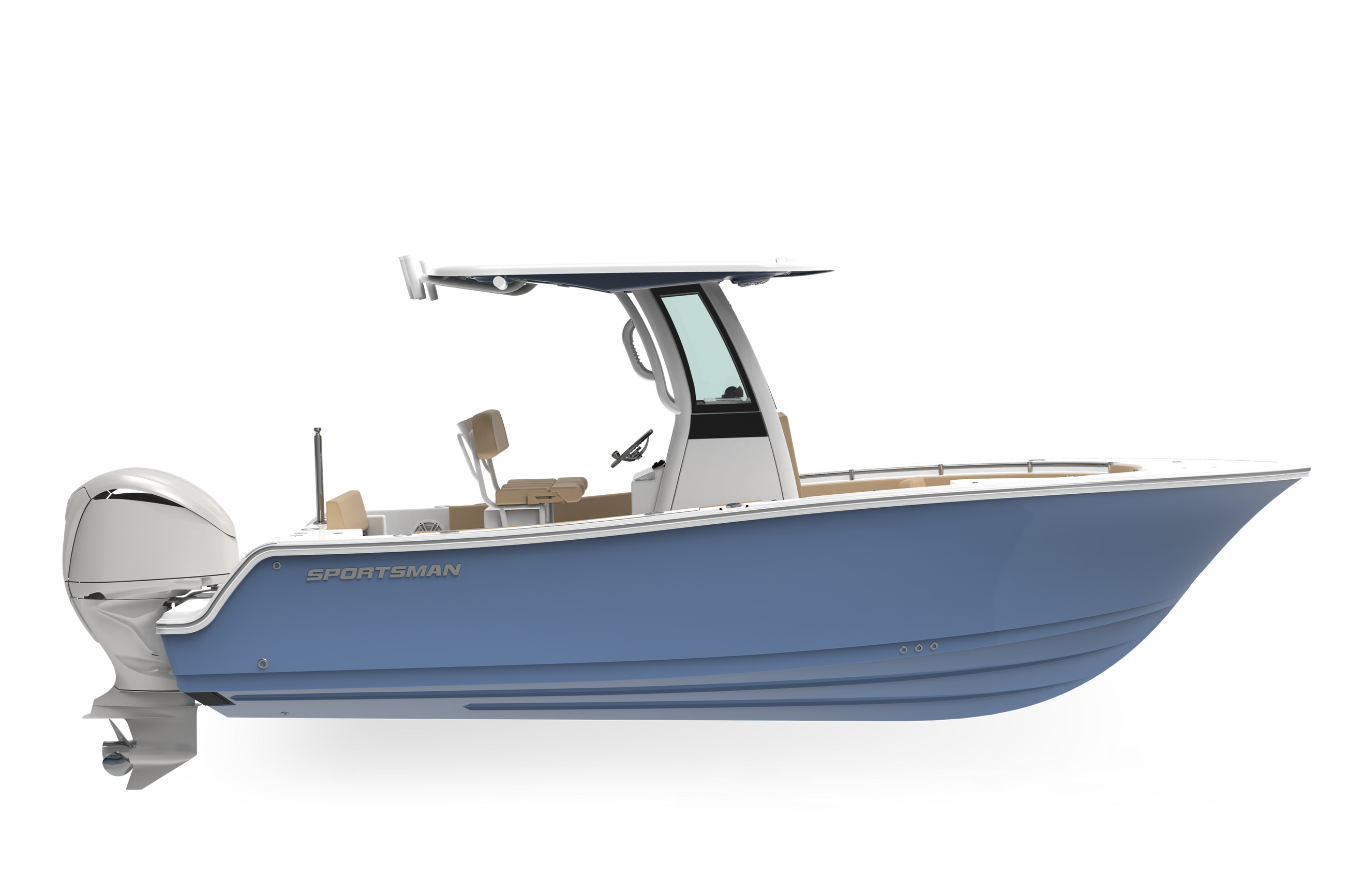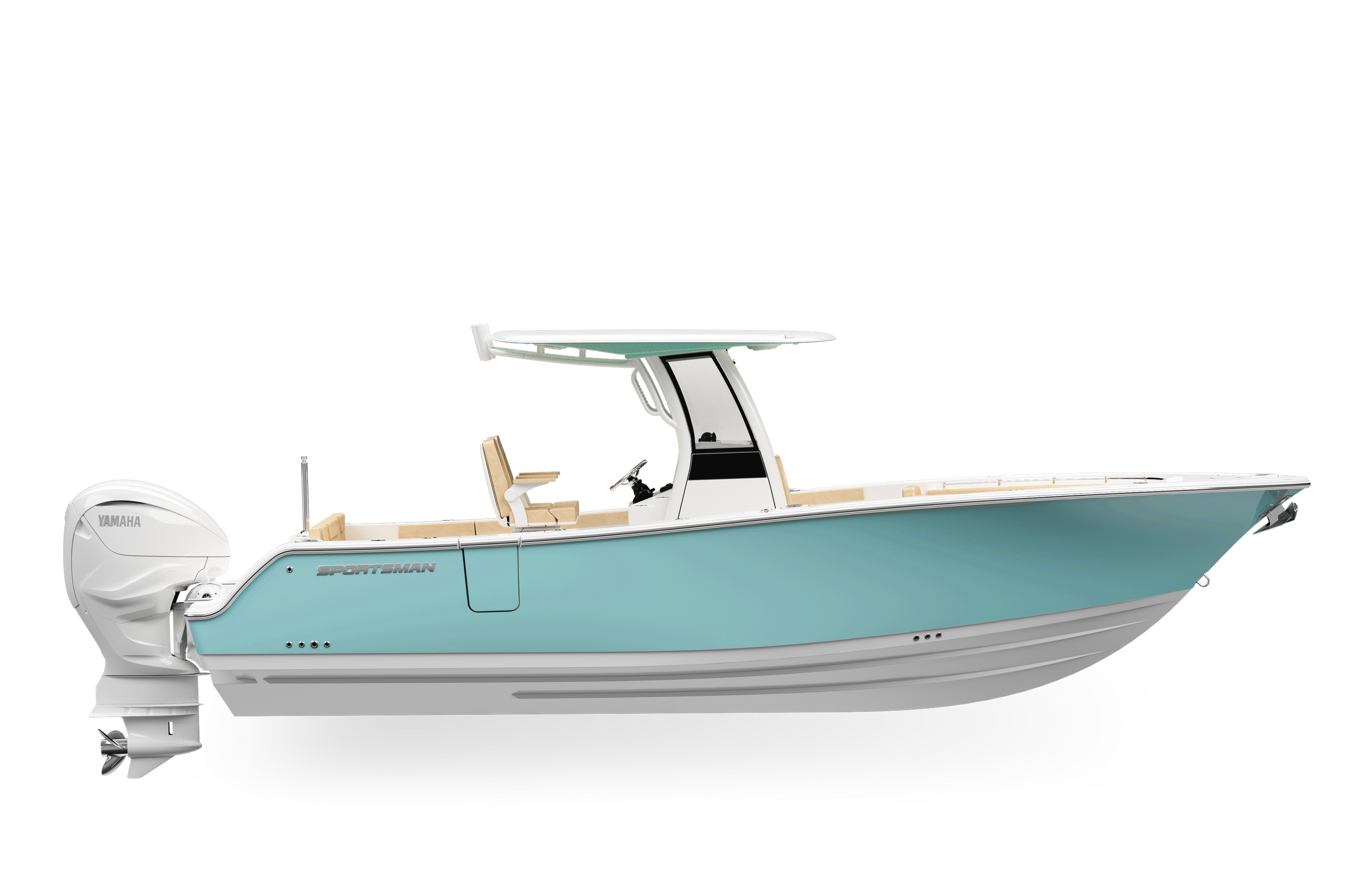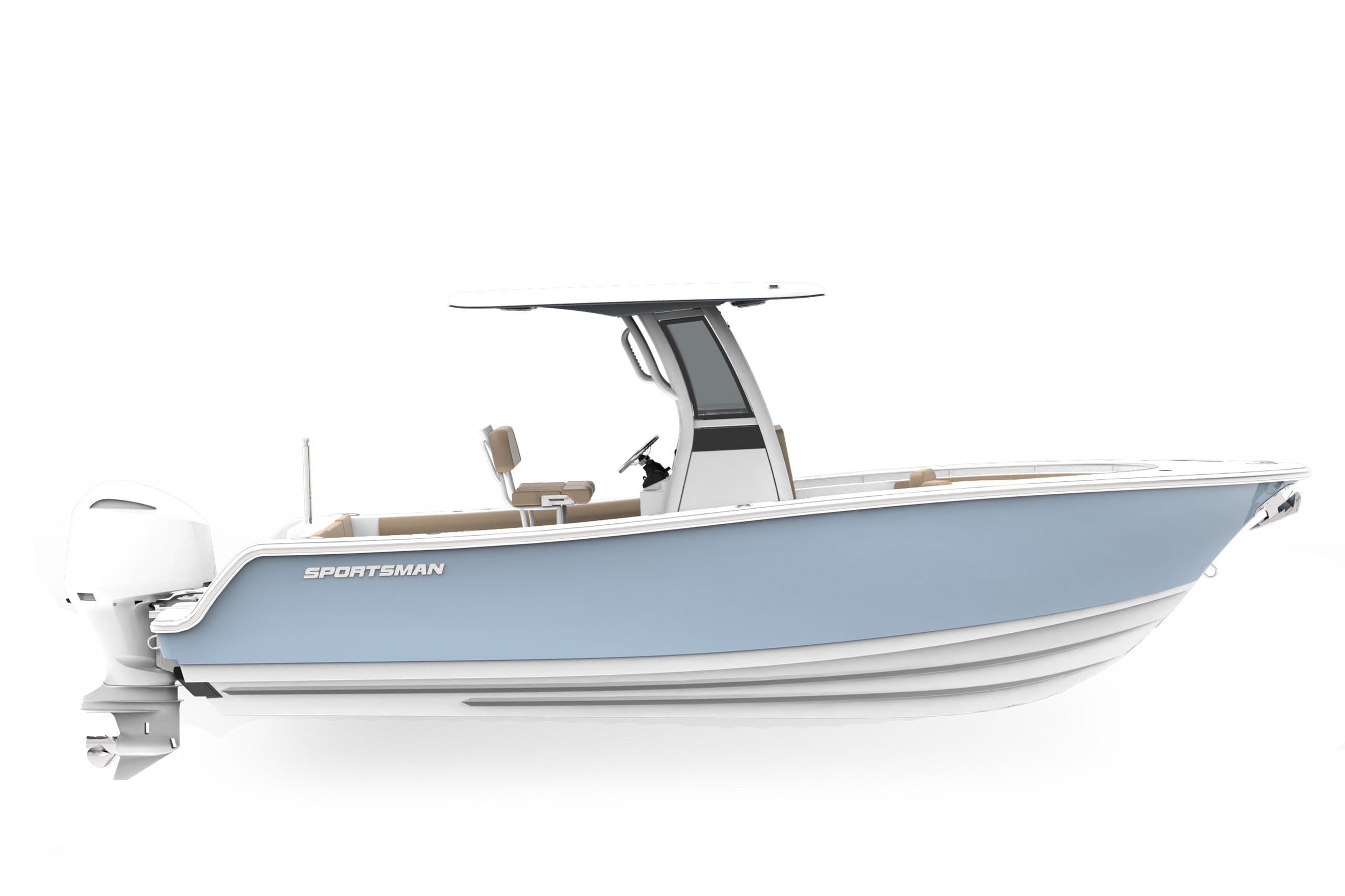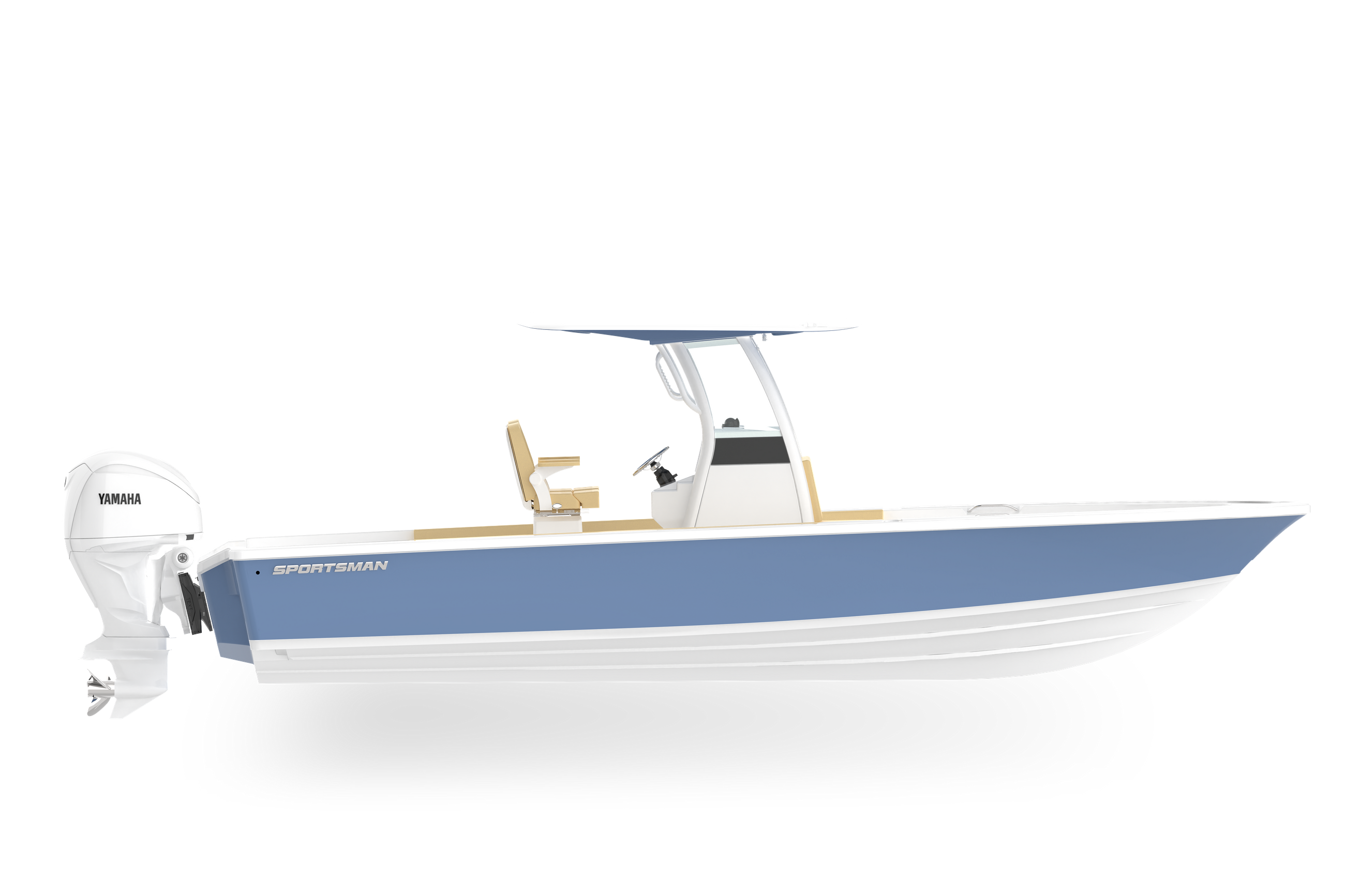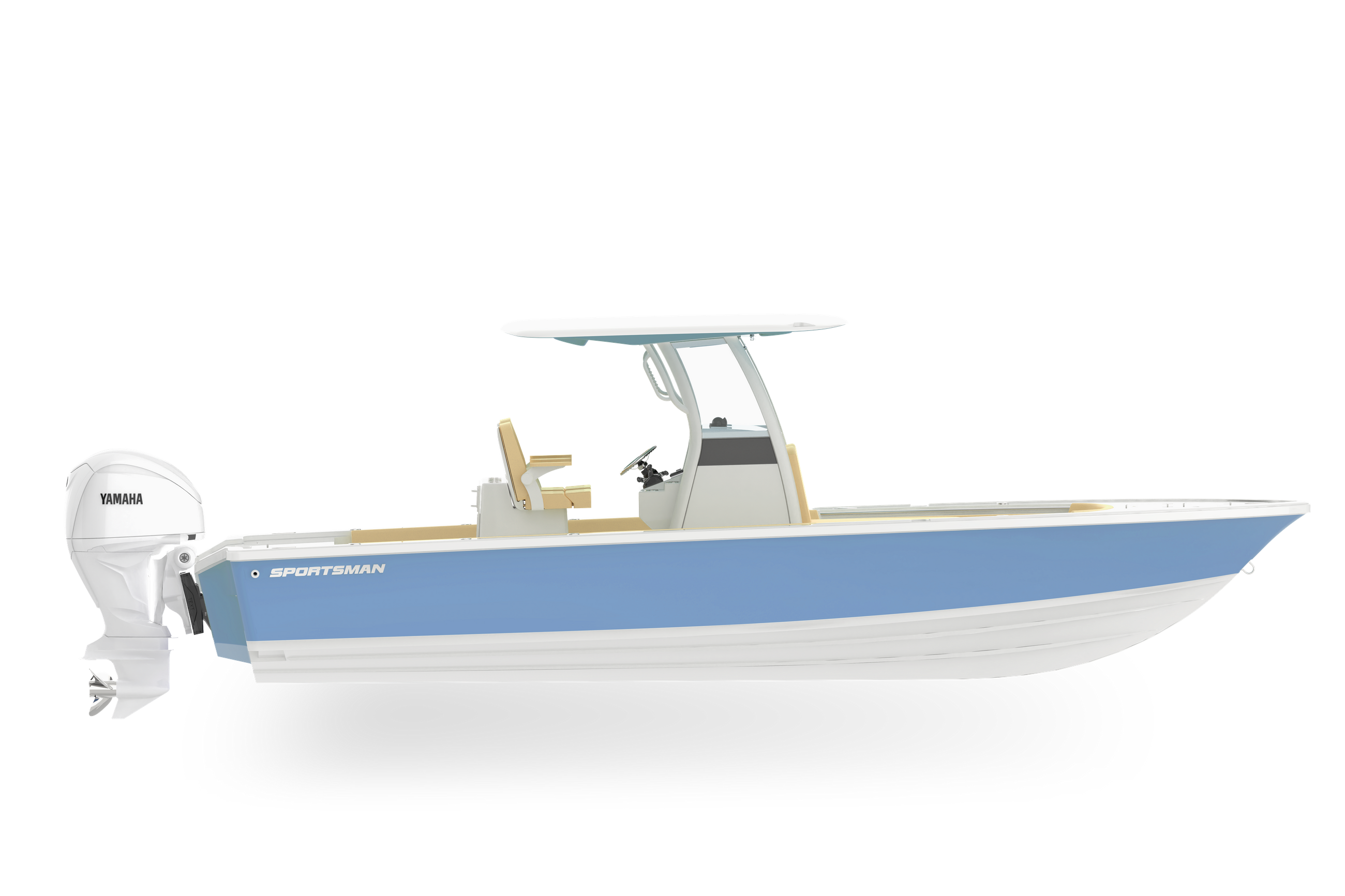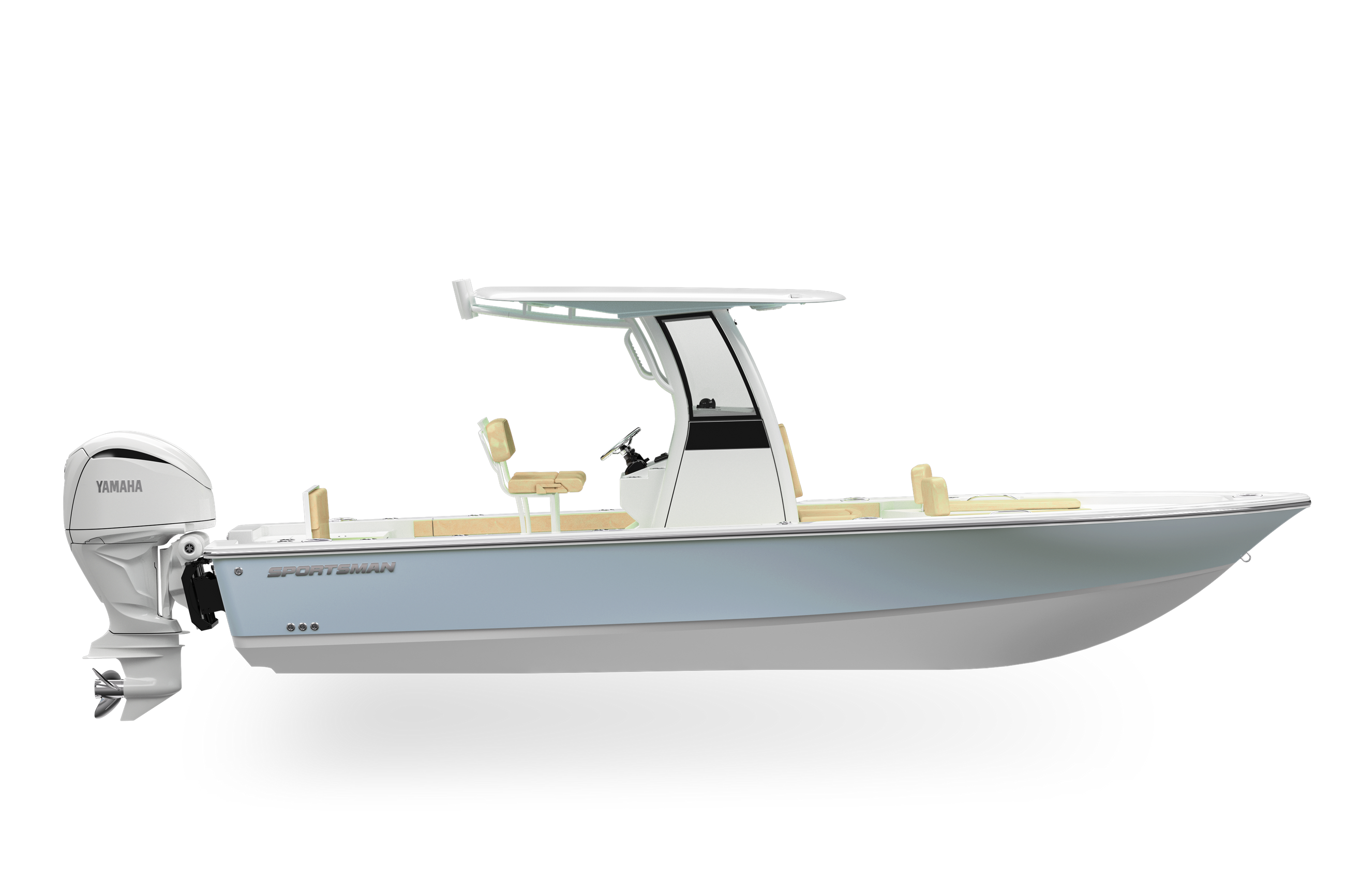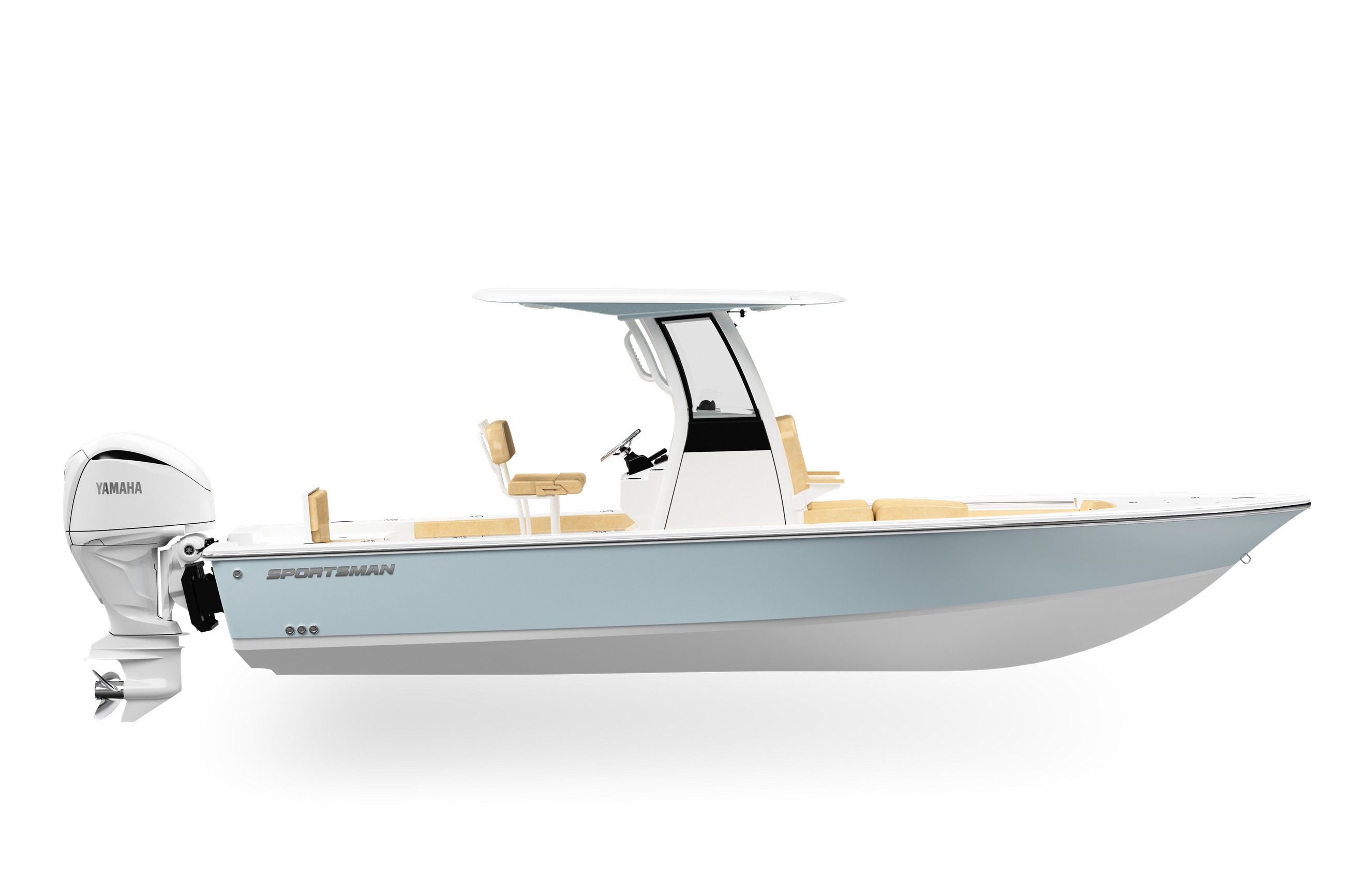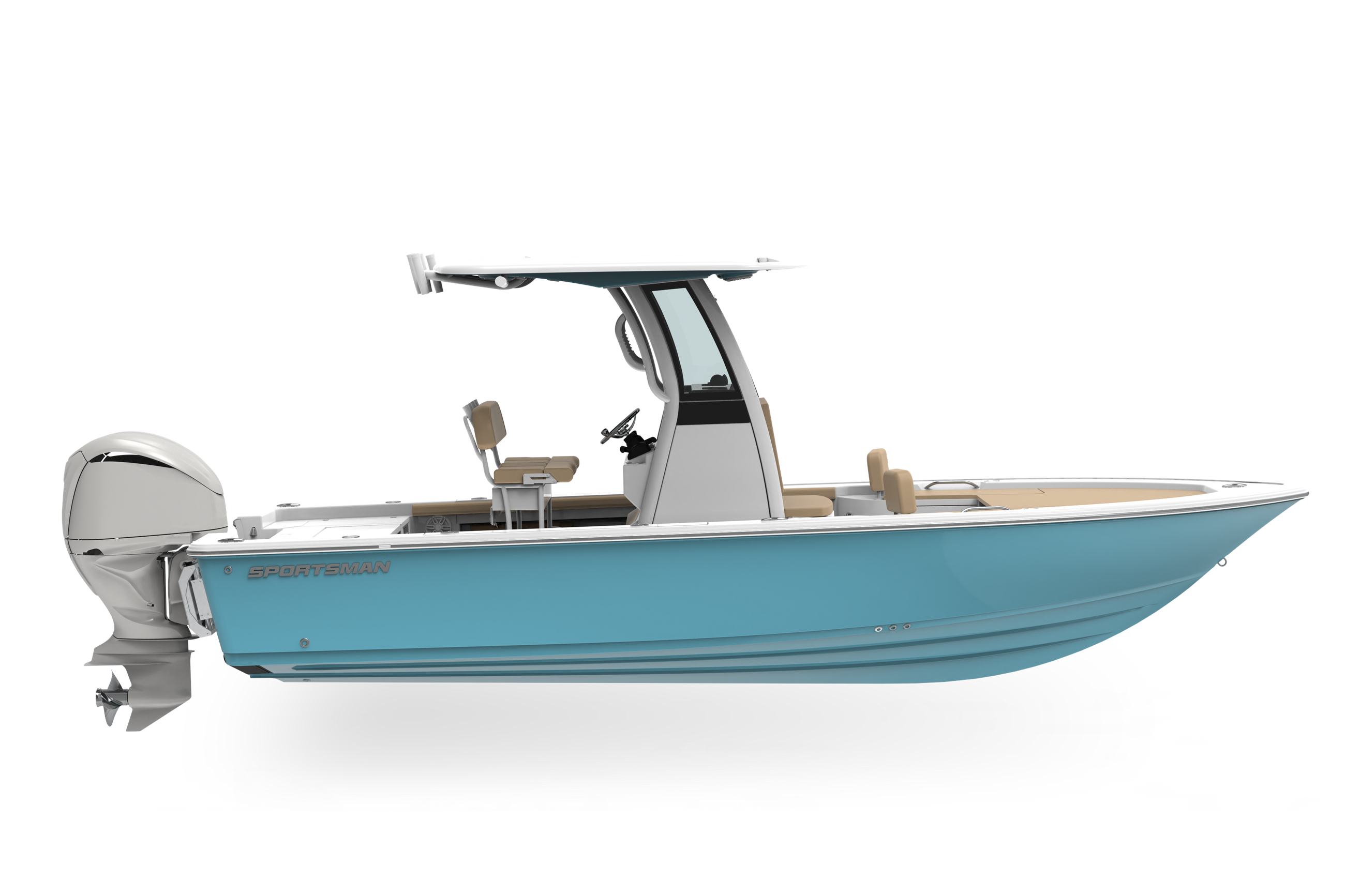Non-Ethanol vs. Regular Gas: What’s Best for Your Boat?
Choosing between non-ethanol gas and regular gas can significantly impact your boat’s performance, maintenance, and longevity. Explore the differences, benefits, and drawbacks of each fuel type to make an informed decision for your marine adventures.
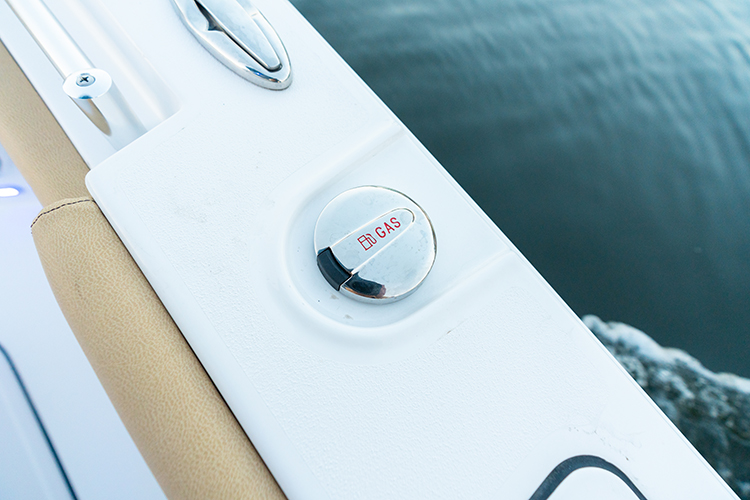

When it comes to fueling your boat, the choice between non-ethanol gas and regular gas is more than just a matter of preference; it can impact your boat’s performance, maintenance, and overall longevity. Let’s dive into the key differences between these two types of fuel and explore which one might be the best fit for your marine adventures.
Understanding the Basics
Regular Gasoline: This is the standard gasoline you find at most fuel stations, typically containing up to 10% ethanol (often labeled as E10). Ethanol is an alcohol derived from corn or other plant materials and is added to gasoline to increase its oxygen content and reduce emissions.
Non-Ethanol Gasoline: This is pure gasoline without any ethanol. It’s less commonly available and can be found at select fuel stations or specialty suppliers. Non-ethanol gas is sometimes labeled as “pure” or “recreational” fuel.
Performance and Efficiency
Regular Gasoline:
• Pros: Ethanol can help reduce emissions and make the fuel more affordable due to government subsidies. For most modern engines, E10 is designed to be compatible and perform adequately.
• Cons: Ethanol has a lower energy content compared to pure gasoline, which can result in slightly reduced fuel efficiency. Ethanol can also attract moisture, leading to potential engine problems if water accumulates in the fuel system.
Non-Ethanol Gasoline:
• Pros: With no ethanol, non-ethanol gas provides better energy density and potentially improved fuel efficiency. It also helps in preventing water accumulation, which can be beneficial for maintaining your engine and avoiding issues like phase separation (where ethanol and water separate from the gasoline).
• Cons: Non-ethanol gas is often more expensive and less readily available. Additionally, it may not always be compatible with every marine engine, especially older models that might require some adjustment.
Impact on Engine Health
Regular Gasoline:
• Pros: Modern engines are generally designed to handle ethanol blends, and using regular gas may not cause immediate issues if the engine is well-maintained.
• Cons: Over time, ethanol can cause corrosion and deterioration in engine components, fuel lines, and rubber seals. It can also contribute to clogging in the fuel system and injectors.
Non-Ethanol Gasoline:
• Pros: Without ethanol, there’s a lower risk of corrosion and damage to engine components. This can lead to fewer maintenance issues and longer engine life.
• Cons: If your engine is specifically tuned for ethanol blends, running it on non-ethanol fuel may not always provide the optimal performance.
Storage and Longevity
Regular Gasoline:
• Pros: Since ethanol is added to reduce evaporation and improve combustion, it can be more stable in storage conditions compared to non-ethanol gasoline.
• Cons: Ethanol absorbs moisture, which can lead to phase separation over time, especially if the boat is not used frequently.
Non-Ethanol Gasoline:
• Pros: Non-ethanol fuel is less prone to phase separation and can be better for long-term storage. It’s often preferred for seasonal boats or those that sit idle for extended periods.
• Cons: It can be less stable over time compared to ethanol-blended fuel, so it’s important to use stabilizers if you’re storing it for long periods.
Choosing between non-ethanol and regular gasoline for your boat ultimately depends on your priorities—whether it’s engine longevity, performance, fuel efficiency. For many boaters, non-ethanol gas may offer better engine protection and storage stability, especially if you’re dealing with a high-performance engine or seasonal use. However, regular gasoline is often sufficient for modern engines and is more readily available and affordable.
Before making a decision, check your boat’s owner’s manual and consider consulting with a marine mechanic to ensure you’re using the best fuel type for your specific engine and boating needs.
Tight Lines and ill see ya on the water!
